3-2-1 Go Euclid!
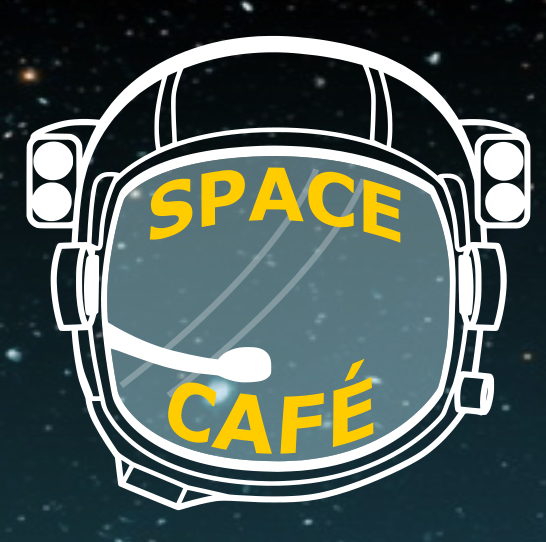
What is dark matter? What drives the accelerating expansion of our Universe? These and more questions could be answered by Euclid, the European Space Agency (ESA) space mission which is set to launch in July 2023. Several UZH researchers are actively involved in the project and will tell us more in this dedicated Space Café.
Join us on June 16, 2023, at Irchel Campus (room Y16-G-15).
Registration (end of the page) is highly appreciated for the planning of the catering. Spontaneous participation is welcome.
More about Space Café event series.
Schedule
| Time | Programme |
| 14:30 | Intro, presentation of the speakers |
| 14:40 |
Euclid overview - Aurel Schneider (UZH) |
| 14:55 |
Euclid and the hunt for dark matter - Virginia Ajani (ETH) |
| 15:10 | Euclid and the quest for dark energy - Francesca Lepori (UZH) |
| 15:25 |
Break |
| 15:40 |
From Photons to Discoveries – data processing on cosmic scale - Stefan Hackstein (FHNW) |
| 15:55 |
Simulating the Universe for Euclid - Joachim Stadel (UZH) |
| 16:10 | Q&A session |
| 16:30 | Apero |
Speakers
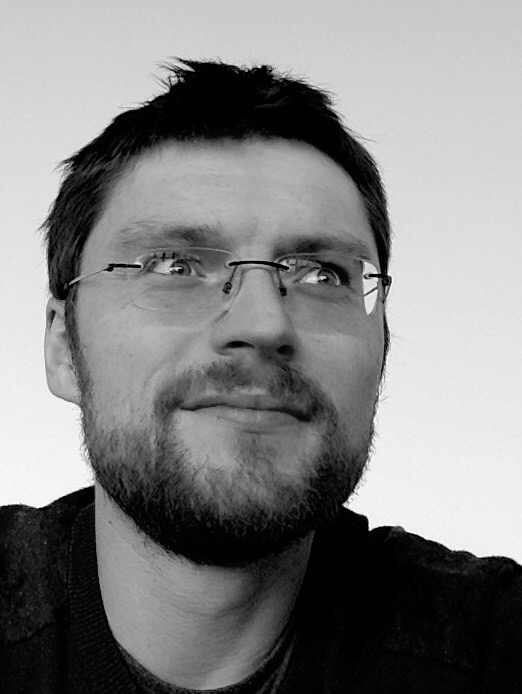
Aurel Schneider is an Eccellenza Professor at the University of Zurich. He is part of the Euclid consortium since 2014 currently co-leading the Cosmological Simulation Working Group. Aurel's main focus lies on the modelling of nonlinear cosmological scales. In particular, he is interested in understanding the effects of alternative dark matter scenarios on the Euclid observables.
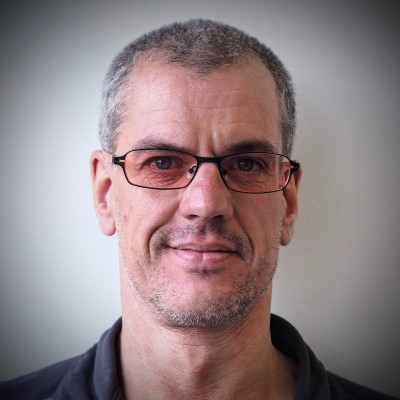
Prof. Dr. Joachim Stadel is a University of Zurich professor for computational cosmology. Joachim completed his PhD in Astronomy at the University of Washington (Seattle) in 2000, and has been at the University of Zurich since 2002. He has been an active member of the Cosmological Simulations Working Group in the Euclid Mission since 2012. He developed (with Douglas Potter) the World leading “Flagship” N-body simulations used by Euclid. On another front, he is a project leader and board member of the NCCR PlanetS project where he simulates the formation of planetary systems.
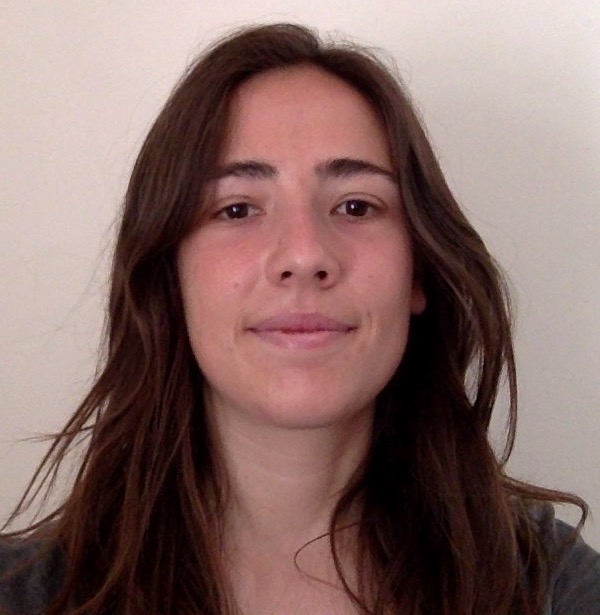
Dr Francesca Lepori is a postdoctoral researcher at the University of Zurich, where she specializes in the field of relativistic effects in Cosmology. She completed her PhD at SISSA (Italy) in 2018, and subsequently worked at the University of Geneva until 2021. Francesca is an active member of the Euclid Consortium, contributing to the Theory Science Working Group and co-leading a work package on relativistic effects.
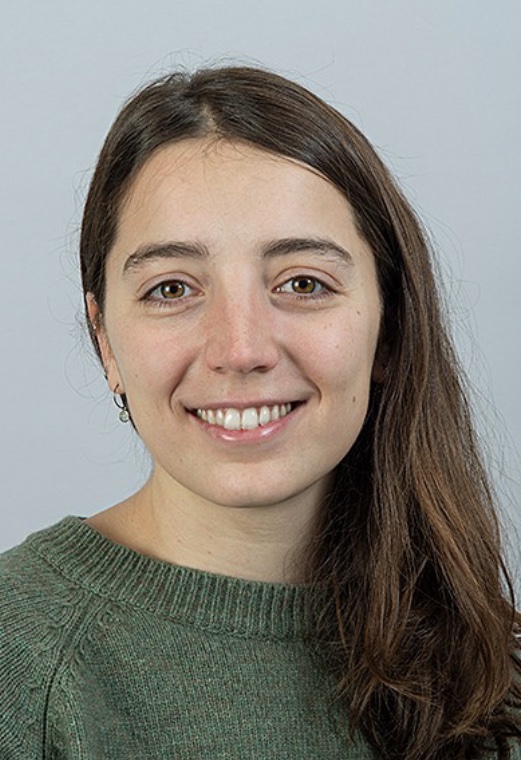
Dr Virginia Ajani is a postdoctoral researcher in the Cosmology group of ETH Zurich. She works in the field of weak lensing and probe combination with galaxy clustering. She completed her PhD at the CosmoStat Laboratory (CEA Paris Saclay, Université de Paris) in 2021. Virginia has been an active member of the Euclid Consortium, contributing to the Inter-Science Taskforce for Likelihood development and in the weak lensing science working group with a focus on higher order statistics.
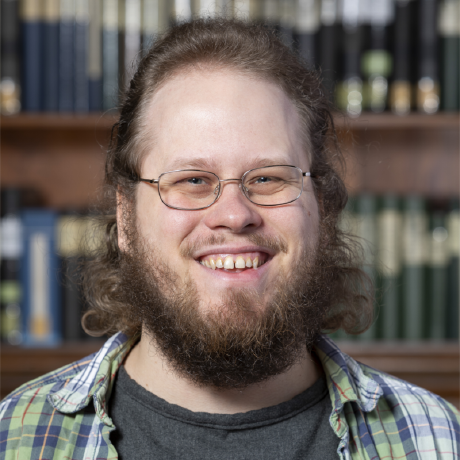
Dr Stefan Hackstein has been working as a postdoc for the Euclid project at the Institute of Data Science at FHNW since 2021, specifically in the area of image processing and generation with deep learning techniques. He received his doctorate in physics from the University of Hamburg in 2020.